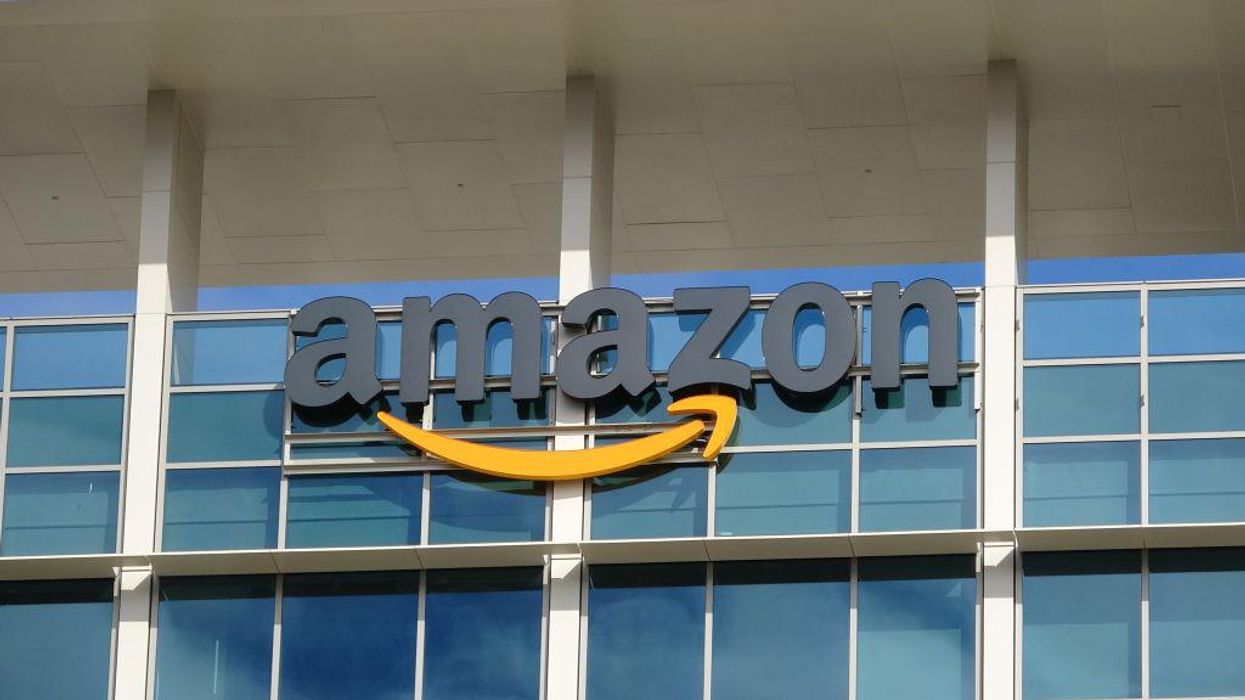
Photo by Smith Collection/Gado/Getty Images

This past Wednesday, Amazon announced that for the first time in the company’s history, it will be charging sellers a “5% fuel and inflation surcharge.”
According to CNN Business, the new fee is being imposed because “inflation has worsened significantly in recent months.”
In a company-wide memo, Amazon said, “In 2022, we expected to return to normalcy as Covid-19 restrictions around the world eased, but fuel and inflation have presented further challenges.”
“It is unclear if these inflationary costs will go up or down, or how long they will persist,” the company said.
Patrick Graham, a spokesperson for the company, said that the fee surcharge applies only to fee rates paid by sellers that choose to use Amazon’s fulfillment services. These services include the storage, packing, and shipping of products.
Reportedly, sellers who do not use Amazon’s fulfillment services will not be impacted.
Amazon’s fee is the latest example of how businesses are reacting to soaring energy costs and the general increased cost of goods and services due to inflation.
Last month, Lyft — the popular ridesharing service —announced that it was adding a surcharge of 55 cents to each ride given in order to offset the surging price of gasoline.
ABC News reported that all of the money being generated through this surcharge will be given directly back to Lyft’s drivers and that it would remain in place for “at least the next 60 days.”
In mid-March, Uber announced a similar initiative to that of their competitor. Uber announced that it would tack on a 45 to 55 cent surcharge on all of its rides and add a 35 to 45 cent surcharge on all Uber Eats deliveries.
However, drivers said the surcharge reimbursements they would be receiving from their employers weren’t enough.
According to a blog from “The Rideshare Guy,” 43% of Uber and Lyft drivers said they were driving less or quitting their rideshare gigs because of the rising cost of fuel.
These rising costs, and the little relief drivers received, prompted them to organize a protest in front of Uber’s Manhattan headquarters.
The new surcharge Amazon is implementing on its sellers could trickle down and affect consumers as retailers seek to pass along the rising cost of hosting their businesses on Amazon.
The Bureau of Labor Statistics said that suppliers raised their prices by 11.2% in March as inflation raised 8.5% year-over-year.
In the company-wide memo, Amazon said, “Like many, we have experienced significant cost increases and absorbed them, wherever possible, to reduce the impact on our selling partners. When we did increase fees, we were focused on addressing permanent costs and ensuring our fees were competitive with those of other service providers.”